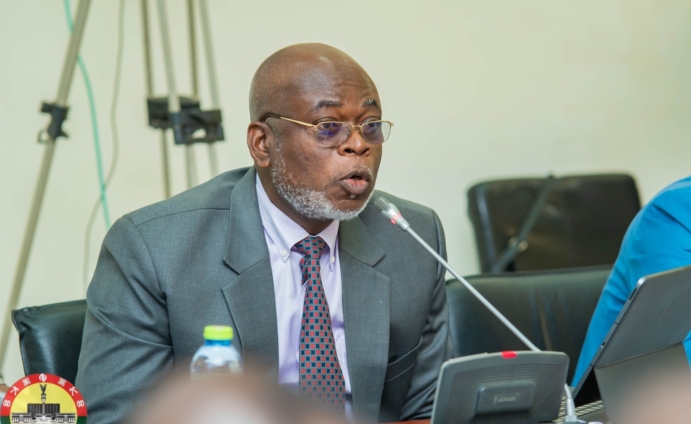The Auditor General’s Report on public accounts has highlighted an issue concerning the poor recovery of loan receivables by the government.
According to the report, a staggering GH¢61 billion remains outstanding, representing 99.93% of the total loan receivables for the year ending December 31, 2023.
The report underscores the importance of effective cash management, particularly the need for well-defined recovery timelines and robust collection plans when granting loans or advances to covered entities.
However, the Auditor General’s review revealed a severe lapse in this area.
Out of a total of GH¢63,384,527,594 in outstanding loan receivables, only GH¢43,450,428.00, or a mere 0.07%, was recovered during the review period.
This poor recovery rate has been attributed to the absence of a debt collection strategy and a lack of follow-up actions by the Controller and Accountant-General (CAG) to ensure that these covered entities repay their debts.
The Controller and Accountant General, Kwasi Adjei explained that a committee has been established to oversee the recovery of the debt.
He said this when he appeared before the Public Accounts Committee of Parliament.
The report further notes that these loans have remained in government books for extended periods without any clear recovery plan or policy in place.
The Auditor General warned that the government’s failure to pursue these debts could lead to the eventual write-off of these receivables, depriving the nation of essential resources needed to fund its programmes.
The report calls for urgent action to develop and implement a comprehensive debt recovery strategy to address this critical issue.





